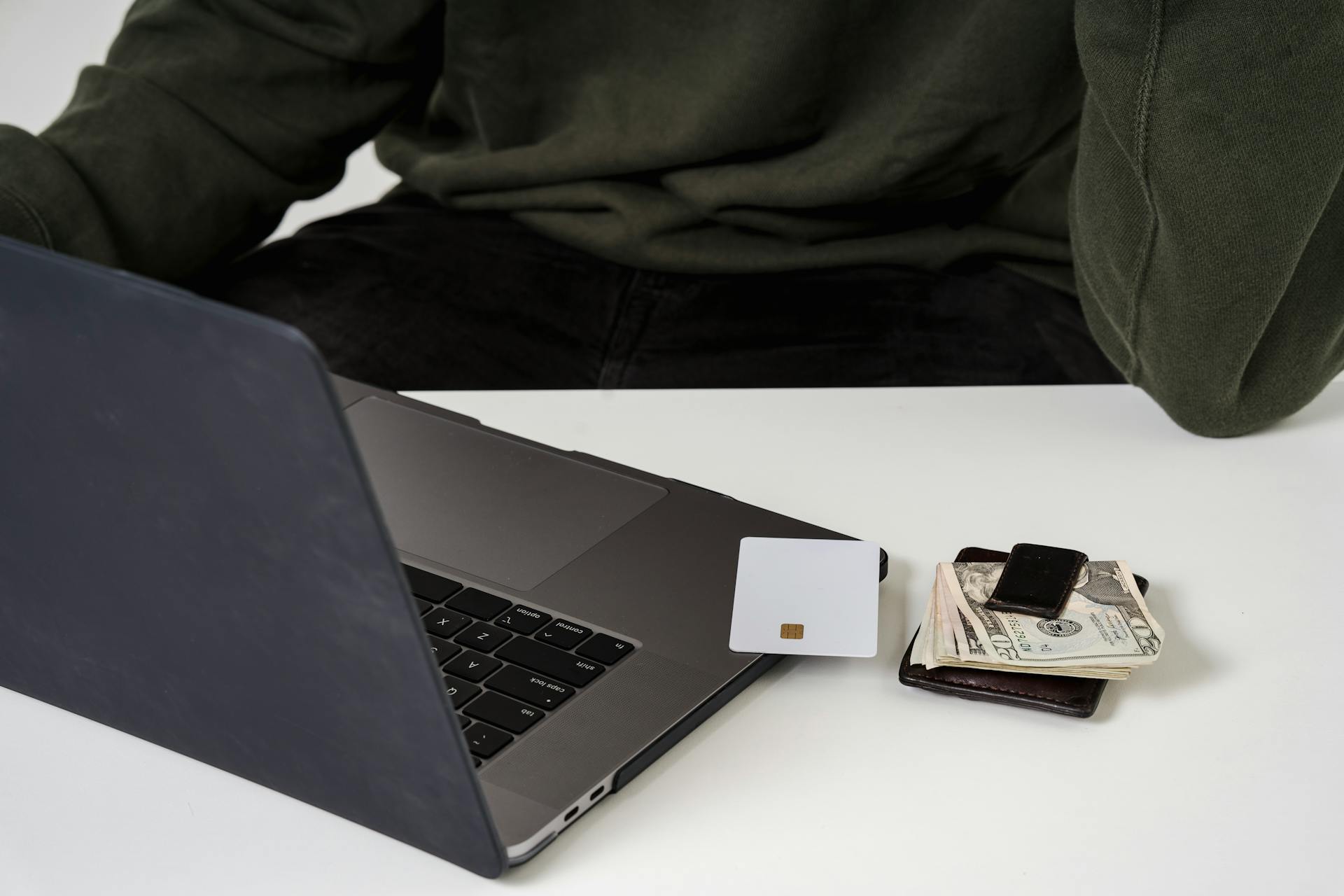This blog post may contain references to products or services from one or more of our advertisers or partners. We may receive compensation when you click on links to those products or services.
Cryptocurrencies have changed how we use digital money. As more people use them, it’s essential to have safe and easy-to-use wallets for storing, sending, and receiving digital money.
However, since cryptocurrencies are decentralized and anonymous, keeping these wallets secure and scalable is a significant challenge.
What Are Cryptocurrency Wallets?
Cryptocurrency wallets are digital safes for your digital money. Instead of holding coins and bills like regular types, they keep special codes called cryptographic keys. These keys are what let you access and use your funds on the Internet.
Types of Crypto Wallets
Cryptocurrency holders come in various types, each tailored to fit different users’ needs and likes.
Knowing the features of each type is crucial for picking the right one to keep your digital money safe. Now, let’s check out the different kinds of digital money repositories and what sets each apart.
Hardware Wallets
Hardware types are like physical lockers for your digital assets keys. They keep your keys offline, away from the Internet, which makes them harder for hackers to mess with.
These gadgets usually have extra security mechanisms, like special chips, to stop people from tampering with them. They’re easy to use and give you a safe way to handle your assets.
Software Types
Software solutions are apps or programs you use on your computer or phone. They let you control your crypto keys and access them from different devices.
Many software applications come with bonus features, like allowing you to trade currencies and monitor your investments. They work on various systems, so they’re handy if you like to switch between gadgets.
Paper Wallets
Paper types are a basic way to keep your currency offline. You print your keys on a piece of paper so they’re safe from online dangers.
They might not be as easy to use as digital ones, but they’re super secure and don’t have technical problems. If you like things simple and want to store your assets for a long time, paper wallets are a great option.
Online Storage
Online solutions, sometimes called web or cloud wallets, are run by other companies and used over the Internet; therefore, you can get to your assets from any device with the Internet.
They usually have exciting extras like letting you trade on exchanges. Plus, they give you backup options so you don’t lose money if your device goes wrong.
Multi-Signature Storages
Multi-signature versions make things extra safe by needing more than one key to say “okay” to a transaction. This way, no one can spend the money alone, which makes it harder for someone to mess with it without permission.
Importance of Security in Crypto Wallets
In a decentralized world, once you send money, you can’t get it back, and it’s hard to trace who did what. If someone breaks into your pocket, you could lose your funds and have no way to return them.
That’s why solid security is necessary to keep finances safe and make people trust cryptocurrency.
Best Practices for Secure Cryptocurrency Wallet Development
Creating safe digital solutions is crucial to protect users’ digital money from being stolen, tricked, or accessed without permission. Here are some important things to think about:
- Use Powerful Encryption: Use well-known encryption methods to keep important information safe, like private keys and transaction details, so only authorized people can access them. Encryption makes data like codes that only the right people can understand, adding an extra level of security.
- Keep Keys Safe: Use suitable methods to manage and keep private keys from being stolen. Think about using secure areas to store keys safely and stop unauthorized access. Also, make sure only the right people can access sensitive data by using strict rules and ways to check who’s trying to get to it.
- Two-Factor Authentication (2FA): Use two-factor authentication (2FA) to make access safer. This means users must provide two types of proof, a password and a unique code sent to their phone, before getting into their apps. It makes it harder for someone to get in, even if they know the password.
- Regular Security Checks: Regularly test the security of your system to find and fix problems before they become disastrous. Get outside experts to look at your system and see if it’s safe. Doing this regularly helps find and fix security problems before bad people can exploit them.
Importance of Scalability in Cryptocurrency Wallets
Scalability helps handle more transactions and more users. Without scalability, wallets might slow down, get crowded, and charge higher fees when lots of people are using them at once.
Considerations for Scalable Cryptocurrency Wallet Development
Ensuring wallets can handle more users without slowing down is vital for making users satisfied. Here are some things to think about when focusing on scalability:
- Improve Blockchain Connection: First of all, it’s necessary to establish a good connection with the blockchain network. Use better ways to talk to the blockchain, like optimized APIs and protocols. Also, think about bundling transactions together to ease the traffic and make everything work smoother and faster.
- Off-Chain Solutions: Consider options like payment channels or sidechains to handle transactions away from the main blockchain. These off-chain solutions make transactions quicker and cheaper by avoiding the restrictions of the main chain.
- Horizontal Scaling: Create a setup that can spread its workload across many nodes or servers. This way, your system won’t get overwhelmed as more users come in and more transactions happen. Use techniques like load balancing to ensure each part of your system gets used evenly and efficiently.
- Optimized Data Storage: Properly storing data is key for helping your crypto vault handle more users. Use databases and caching systems that can grow with your needs to store transaction history and user balances. In addition, think about splitting up your data across different storage locations using methods like sharding.
Conclusion
Creating safe and adaptable cryptocurrency wallets needs a good grasp of blockchain tech’s ins and outs.
By sticking to top-notch security and scalability practices or partnering with a reliable cryptocurrency wallet development company that strictly adheres to all these measures, you can get a trustworthy and easy-to-use solution and protect your funds from risks.
Editorial Disclaimer: The editorial content on this page is not provided by any of the companies mentioned and has not been endorsed by any of these entities. Opinions expressed here are author’s alone
The content of this website is for informational purposes only and does not represent investment advice, or an offer or solicitation to buy or sell any security, investment, or product. Investors are encouraged to do their own due diligence, and, if necessary, consult professional advising before making any investment decisions. Investing involves a high degree of risk, and financial losses may occur.
Advertiser Disclosure: This blog post may contain references to products or services from one or more of our advertisers or partners. We may receive compensation when you click on links to those products or services.
Write for Us




















Discussion about this post